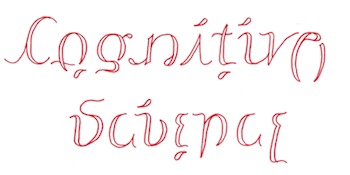Deep, fast and shallow learning in humans and machines
Learning – adaptive, intelligent change in response to experience – is a core property of human cognition, and the questions surrounding it have a long history of a shared pursuit between computer science, psychology, and neuroscience. However, these fields seemed to be moving apart in their approaches to learning – still borrowing from each other and with individual scientists sometimes jumping from one field to the other – but with big knowledge advances occurring in discipline-specific directions. Despite this, there is general agreement that the advances in all three fields place us at the tipping point for powerful and consequential new insights into mechanisms of (and algorithms for) learning. These advances have the potential to revolutionize teaching and education, to yield behavioral interventions that precisely target change in specific neural processes, and (through powerful new machine learning approaches) to impact all of science as well as everyday life and society as a whole. In this spirit we call for joining efforts across disciplines more than ever to pursue a unified theory of learning. This workshop will breakthrough disciplinary boundaries to bring together computer scientists, psychologists and neuroscientists to address modern issues regarding how learning is implemented in algorithms, in the brain and in human behavior. See Schedule for Workshop here.
Conference registration is through eventbrite.com
Register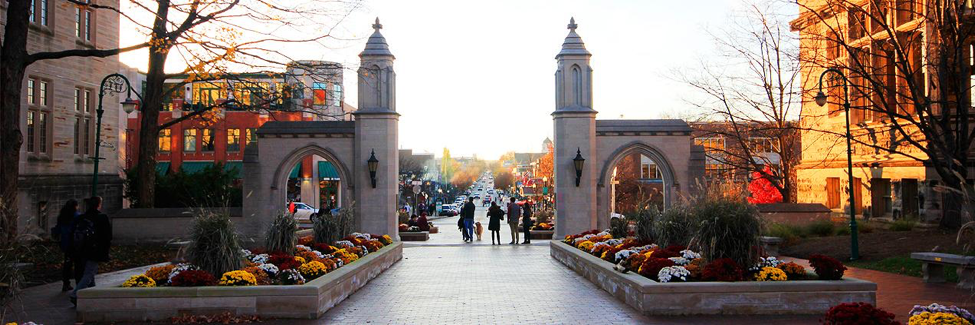
Speakers
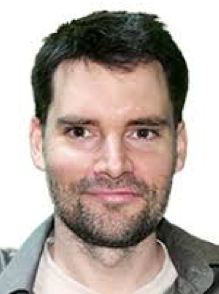
Building deep neural network models to understand biological vision
Niko KriegeskorteProfessor of Psychology and Director of Cognitive Imaging | Columbia University

Three principles for understanding distinctively human learning.
Brenden LakeAssistant Professor of Psychology and Data Science Department of Psychology and Center for Data Science | New York University

Towards an integration of deep learning and neuroscience
Adam MarblestoneChief Strategy Officer at Kernel | Massachusetts Institute of Technology

Learning motor control via feedback mechanisms and imagery for brain computer interfaces
Virginia De SaAssociate Professor Department of Cognitive Science | University of California San Diego
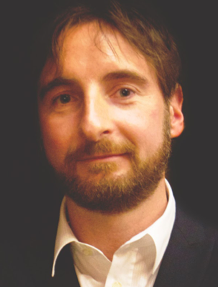
Learning biological tissue properties of brain networks
Franco PestilliAssistant Professor Psychological and Brain Sciences | Indiana University Bloomington


Real world data for learning by infants and children
Linda SmithDistinguished Professor and Chancellor's Professor of Psychological and Brain Sciences | Indiana University

Learning and optimization on geometric data: Theory and practice
Justin SolomonAssistant Professor Department of Electrical Engineering & Computer Science | Massachusetts Institute of Technology
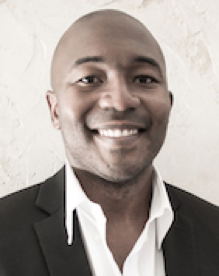
Human interpretable machine learning
Sanmi KoyejoAssistant Professor Department of Computer Science | University of Illinois at Urbana-Champaign

Investigating a New Recurrent Neural Network Architecture based on Predictive Representations
Martha WhiteAssistant Professor Department of Computing Science | University of Alberta

Two sides of the same coin: egocentric vision in human and machine learning
David CrandallAssociate Professor School of Informatics, Computing, and Engineering | Indiana University

Two sides of the same coin: egocentric vision in human and machine learning
Chen YuProfessor Psychological and Brain Sciences | Indiana University
Venue & Travel Awards
The IU Global Studies Auditorium is located at the eastern edge of IU Bloomington’s historic campus, between the Wells Library and the Radio-TV Building, walking distance from town center and the Department of Psychological and Brain Sciences and the School of Informatics. The building opened in late Summer 2015.

Funding is available on a competitive base for graduate students and postdocs. Apply here for the Estes Travel Fellowship!
Deadline: April 29th
ApplyMidwest Cognitive Science Conference
The 7th annual Midwest Cognitive Science Conference (2018) will be held at the week prior to the workshop (May 12th and 13th) also at the Global and International studies building. This meeting is intended to provide a forum for faculty and students to present their research on cognitive science to their peers from across the Midwest.
The CognitiveScience/IndianaUniversity ambigram was designed by Douglas Hofstadter
